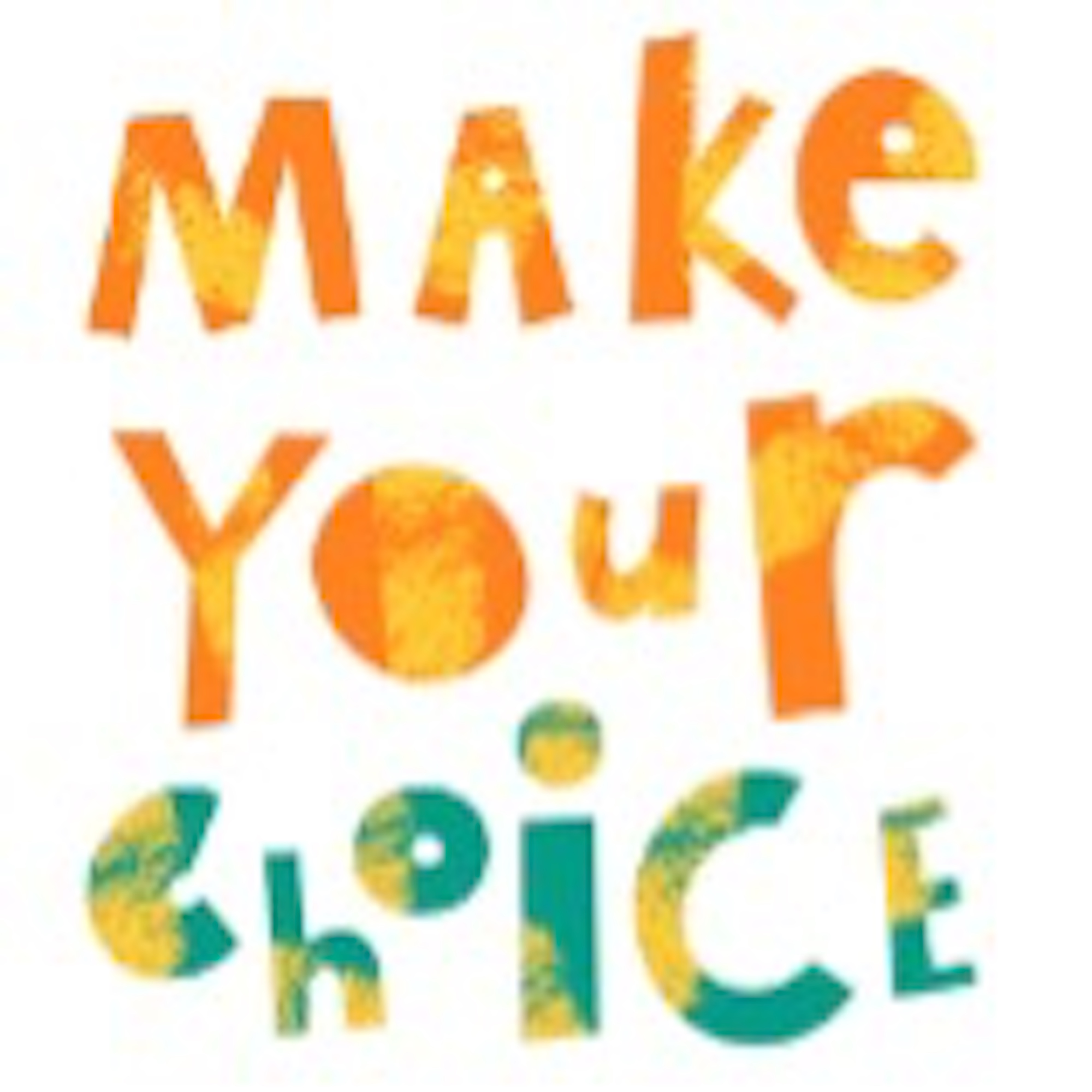
Children’s Understanding of Emotion Through Words and Pictures - Play Games to Win Points
Child Emotion Lab (University of Wisconsin - Madison)
Who Can Participate |
For 10- to 13-year-olds |
What Happens |
In this asynchronous study, first, you will answer some questions about your child’s family background and life experiences. Then, your child will be asked to play a game in which they decide between different options to gain as many points as possible. In addition, they will play a number game and answer some questions about how they have been thinking and feeling and their relationships with their parent(s). Optionally, your child can do a second part of this study any time in the next two weeks. In the second part there will be a different number game and new questionnaires that help us further understand how children make decisions. |
What We're Studying |
We are interested in how children’s experiences influence their decisions in a new learning environment. There are different strategies that people use to navigate and learn about new environments, and each of them has pros and cons. Past research has found that childhood experience can influence individuals to prefer familiar versus novel options. However, the underlying beliefs that drive such preferences are not yet fully understood. Unraveling this mystery will significantly enhance our understanding of the diverse ways children learn and make decisions. |
Duration |
60 minutes |
Compensation |
We will email you a $10 Amazon gift card if your child chooses to complete only the first past, or a $20 Amazon gift card if your child completes both parts within two weeks. Only one gift card will be issued for this study. To be eligible for the gift card your child must be in the age range for this study, you need to submit a valid consent statement, and we need to see that there is a child with you. But we will send a gift card even if you do not finish the whole study or we are not able to use your child's data! Gift cards will be sent via e-mail within one week of study completion. Participants must live in the United States to complete this study and receive compensation. |
This study is conducted by Seth Pollak (contact: childemotion@waisman.wisc.edu).